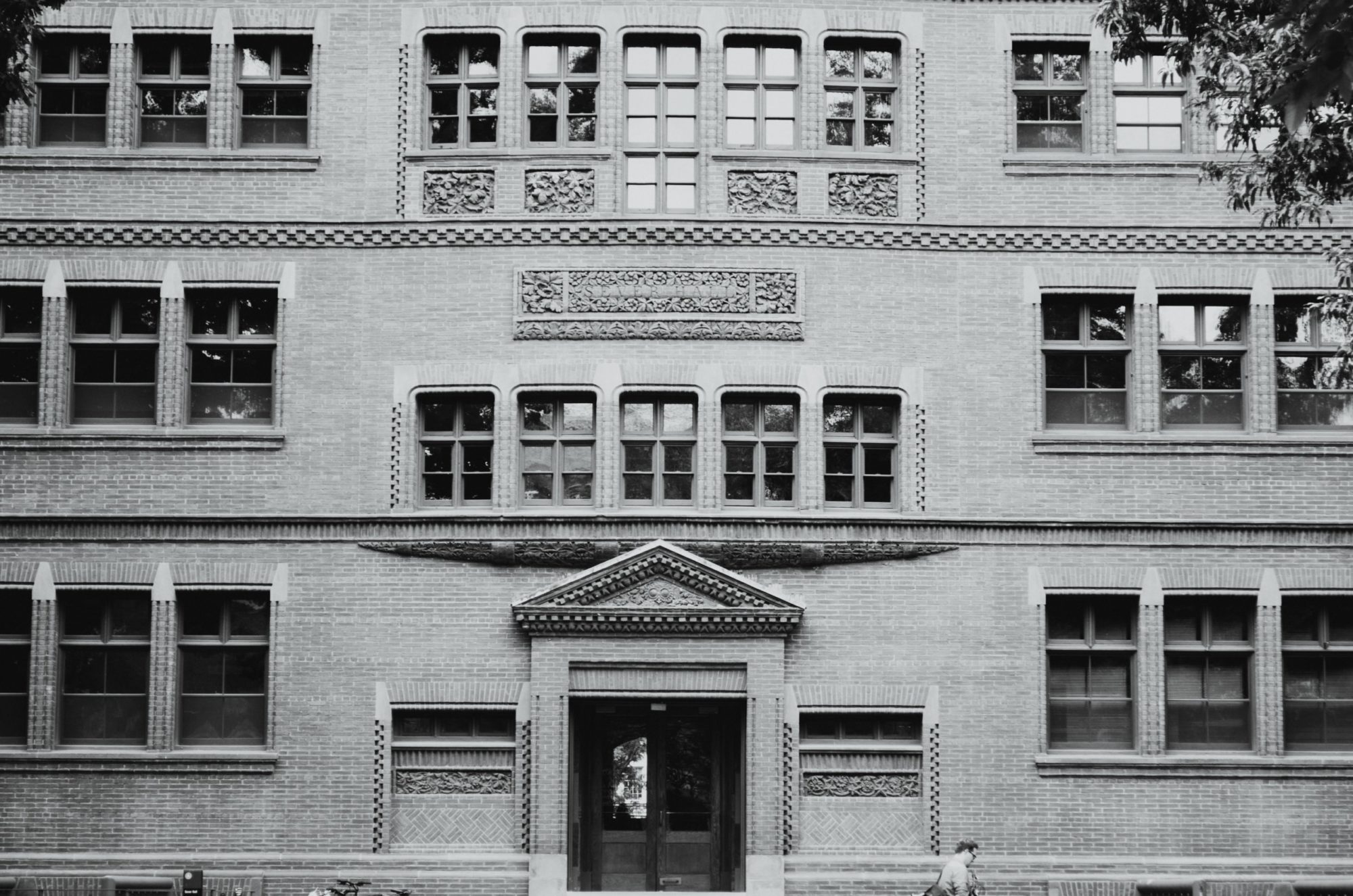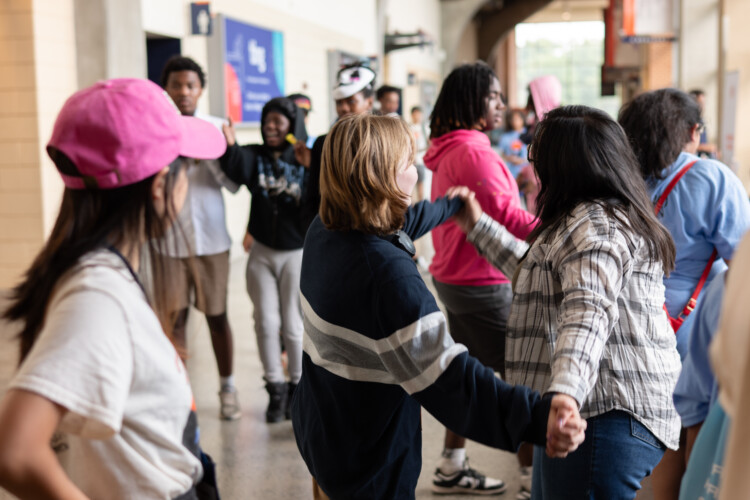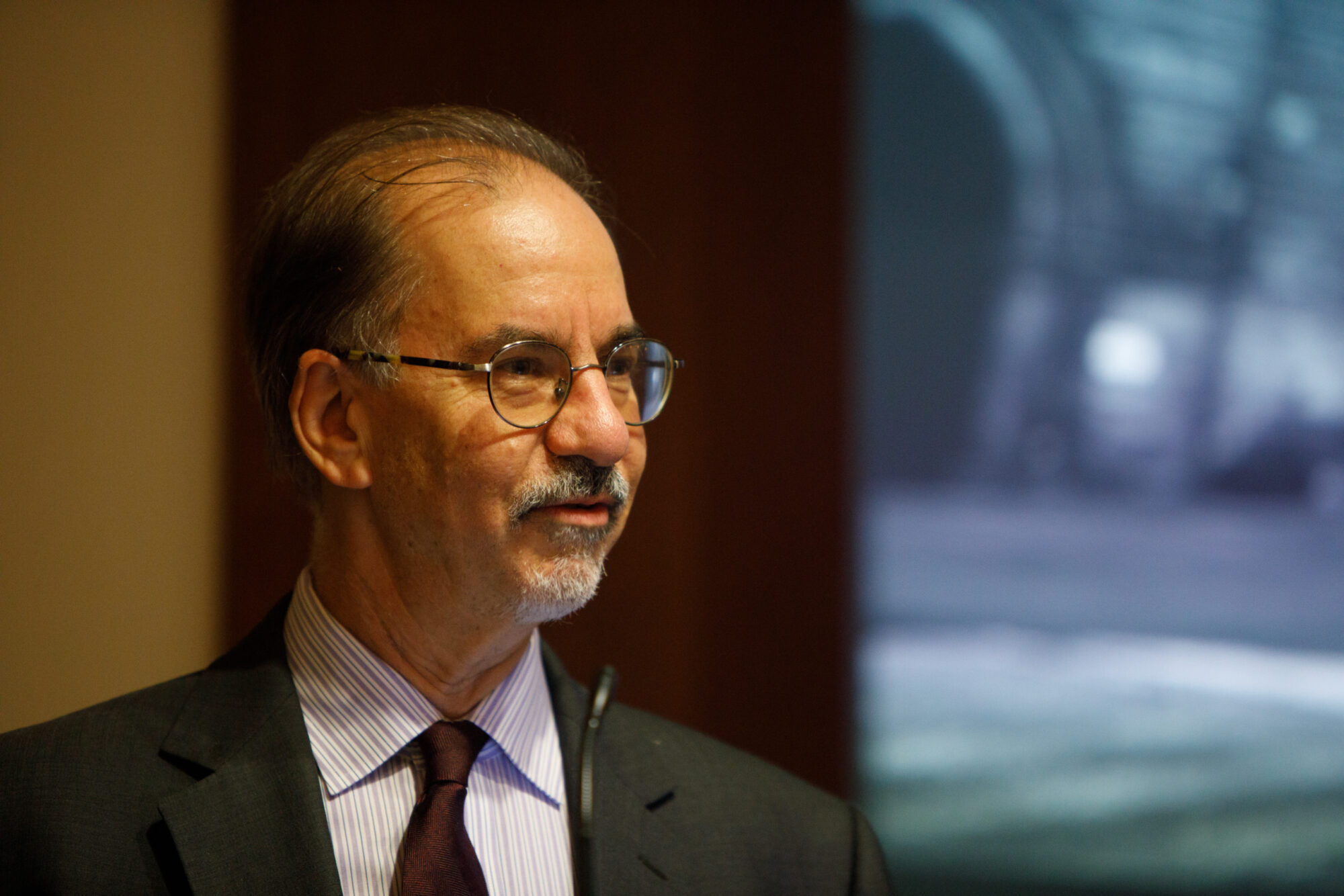One extraordinary outgrowth of the ongoing pandemic is the unprecedented level of collaboration we’ve seen among researchers, universities, and science and health professionals. Instead of guarding findings for publication in academic journals, many researchers are sharing results quickly and openly to build knowledge of ways to keep people safe, prevent future outbreaks, and ultimately defeat the virus.
The type of collaboration and coordination that has emerged in response to the global health emergency could also help develop and test practical responses to persisting racial, ethnic, and socioeconomic inequalities that long preceded the pandemic but whose salience has come into sharper relief due to the pandemic’s uneven impact. Public agencies, community organizations, and nonprofit providers—especially those serving marginalized populations—will confront profound obstacles and threats to programming in the months and years ahead. Coordinated action—based on research findings—that helps rebuild devastated communities, improves life chances, and allows children and families to thrive could accelerate the contribution of the social sciences in the same way that biological sciences and medical research have accelerated the response to the pandemic. But this will not happen on its own: Universities will need to lead the way.
Changing How Research Happens
Community-engaged research is not the norm among university researchers—particularly among social scientists. Career advancement for social scientists is most often tied to academic publications. But while books and articles bring scholarly distinction, they do not necessarily yield change outside the academy. Unlike in engineering or medicine, there is no norm of “tech transfer”—bringing scientific findings to practical application—in the social sciences. It is time for this to change. As Nancy Cantor, chancellor of Rutgers University-Newark recently declared, “The expansion of what counts as knowledge and productive scholarship…requires a genuine mindset shift, as we need to pay as much attention to questions of importance that emanate from the ‘outside in’ as to those seen as internally critical by our disciplines.”
Whether through offering training, providing technical assistance, or engaging in collaborative research, universities are uniquely positioned to help other organizations become more capable of serving their own missions.
Universities are uniquely positioned to foster a shift in the research enterprise from rewarding academic progress to prioritizing human progress. First, higher education is a powerful knowledge machine, with an infrastructure capable of generating new expertise and insights that respond to pressing questions of the day. Second, university researchers have more flexibility and autonomy than those working in many other types of organizations. Although faculty often complain about bureaucratic constraints in their workplace, by and large they define their own research agendas, especially once they have secured tenure. Third, universities have convening power: They are poised to bring together actors from many parts of the community in circumstances where knowledge or action is required. Fourth, universities can deploy resources to build the capacity of organizations and individuals at the local, state, and federal levels. Whether through offering training, providing technical assistance, or engaging in collaborative research, universities are uniquely positioned to help other organizations become more capable of serving their own missions.
Kenneth Prewitt, a political scientist at Columbia University and former director of the U.S. Census, recently called for social scientists to redirect their research to respond to social problems and for universities to “firmly institutionalize” this work to “reestablish a social science for the sake of society.” Fulfilling this call won’t be easy, but we know it is possible because we’ve seen it happen.
Creating Incentives and Building Capacity
At the William T. Grant Foundation, we’ve pursued a funding strategy that encourages universities to deploy their assets toward the greater good. Through the Institutional Challenge Grant program, we support partnerships between universities and public agencies or nonprofit organizations that pursue research aimed at answering questions aimed at reducing inequality in youth outcomes. The idea behind the awards is to encourage universities to build the capacity of nonprofits to use research and strengthen their ability to improve youth outcomes in the long term. Grantee partnerships develop joint research agendas and conduct studies that inform real-life decisions. Importantly, they also enact plans for high-level, structural change at the university to value collaborative research, with special attention to the structures and relationships required to facilitate high quality public facing research and to support its use by partnerships.
Through the Institutional Challenge Grant program, we support partnerships between universities and public agencies or nonprofit organizations that pursue research aimed at answering questions aimed at reducing inequality in youth outcomes.
In March 2020, we joined the Spencer Foundation and the Doris Duke Foundation to award a total of nearly $2,000,000 in Institutional Challenge Grants to three universities working in partnership with local nonprofits to address challenges such as chronic absenteeism, racial gaps in school discipline, and youth homelessness. One new grantee, the School of Public Health at UC-Berkeley, will establish a partnership with the San Francisco Unified School District (SFUSD) to combat chronic absenteeism among schoolchildren, a problem that particularly afflicts African Americans, students in foster care, students who are homeless, LGBTQ youth, and students receiving special education.
The UC-Berkeley-SFUSD plan illustrates the unique position of universities to serve as engines of evidence-informed social change. It capitalizes on the university’s ability to generate new, relevant knowledge in a rapid and flexible way, marshalling the skills of a research team that had previously focused on related but often more academically oriented topics. Moreover, its design rests on the university’s ability to convene multiple partners, including the schools of public health, social welfare, and education at Berkeley, and community agencies that oversee foster care and respond to homelessness as well as the local school district. And finally, it sets a new standard at a top tier public university for community-engaged scholarship, which will include incentives for faculty to engage in collaborative activity, including consideration of such involvement in faculty performance reviews.
The UC-Berkeley-SFUSD collaboration is but one of a half dozen partnerships pursuing similar work at universities in the United States and Canada as part of the Institutional Challenge Grant program. This year’s other winners include the School of Social Work at Boston College, which will work with the United Way of Massachusetts Bay and Merrimack Valley and the Boston Public Schools to reduce homelessness and mitigate its consequences for children’s academic and social emotional learning, and the School of Education and Social Policy at Northwestern University, which will work with two school districts in Evanston, Illinois, to reduce achievement gaps by improving children’s mental health and supporting the transition from middle to high school.
We’ve seen a sea change this year in the way that science impacts our daily lives and shapes our experiences for the better. We’ve joined those around the world who look to researchers and their collaborators to light the way forward. Although the full scope of the pandemic’s economic and social consequences remains unclear, we know that deep-rooted but largely preventable inequalities that plague our society will persist, and we will need knowledge and evidence to pave the way forward.
Universities constitute an essential resource even in the best of times, and at a time of crisis it is imperative to direct their power toward serving the public good. By institutionalizing collaborative research and building sustained knowledge-building partnerships with local service providers, universities can lead the way towards a more prosperous and equitable future.
If you’re interested in being part of this change, I encourage you to apply today.







